
Same-sex couples are not all just like you
After reading Matt Young’s piece on why he wants a man forever and the Just Like You initiative from Australian Marriage Equality, Sean Mulcahy thinks enough is enough and debuts with the Star Observer to explain why he is sick of sameness.
JUST this month Australian Marriage Equality kicked off its Just Like You campaign, a “photographic movement supporting marriage equality in Australia by highlighting how relatable gay and lesbian relationships are”, which culminates in a rather bland and overpriced black and white calendar of same-sex couples doing everyday things like drinking beers, sitting on sofas and hanging out the front of shop doors (I don’t know who’d pay $33.60 for it, but good luck to them).
To the organisers, it’s all about showing how similar same-sex couples are to others in the wider community.
We’re starting to see this desire for sameness reflected more and more in the gay and lesbian community. Young gay and lesbians wanting white weddings, questioning why they can’t find love forever and why sleeping around is so normal, and why we can’t just integrate into existing social institutions and kill off gay liberation.
To organisations like AME and the UK’s Stonewall, gays and lesbians are “ordinary people” who are equal to their straight counterparts and the formal recognition of their relationships through the rite of marriage is the natural way of proving this.
Their argument is for formal equality – gays and lesbians should be treated the same as straight people and have the same access to marriage that straight people have historically had. However, others like journalist Brendan O’Neill are critical of “the gay movement’s switch in recent years from pursuing liberty to becoming subsumed by the politics of identity” and abandoning the notion of difference.
In a diverse collection of essays on same-sex marriage in Australia, gay activist Dennis Altman picks up this point, questioning the movement from an assertion of difference to a claim for same treatment.
While recognising the importance of formal equality, Altman questions the utility of subsuming same-sex relationships into a heterosexual model that is generally not inspiring. Altman believes that “same-sex partnerships are as valid and as significant as heterosexual ones, but they are also different, and maybe we should celebrate, not deny that difference.”
Academic Wayne Morgan is of the same view. Noting the “shifts from a desire to recognise difference to a desire for “same-ness/equality”, Morgan argues that by focusing on formal equality, “we will sell ourselves short and marginalise those in our communities who do not desire ‘same-ness’ and who do not fit the conjugal ideal couple.”
As Professor Annamarie Jagose argues, “the real test of an ethical position should be whether we are willing to extend rights, recognitions and privileges not to those almost exactly like us but to those we don’t know and with whom we might not have anything in common, to those whose ways are unfamiliar and not fully understood.”
Much of the debate on same-sex marriage is couched in moral terms of equality but is ultimately concerned with proving the sameness of same-sex relationships to different-sex coupledom so as to gain admittance to the institution of marriage and being sure to close the door to those that don’t replicate sameness lest they slip in while it’s left ajar.
AME says its campaign “seeks to strike a cord with people beyond the gay community who may not have made up their mind what they think of gay marriage”, but if straight people can only accept same-sex relationships on the grounds that they are ‘just like you’, then there is something very, very wrong with that.
Why don’t we embrace diversity in terms of difference rather than obsessively compare how similar or same our relationships are to others? Maybe then we can achieve true equality for all.
Sean tweets under tweets under @seanacmulcahy
Related: Gerry North talks about growing old and happy here.




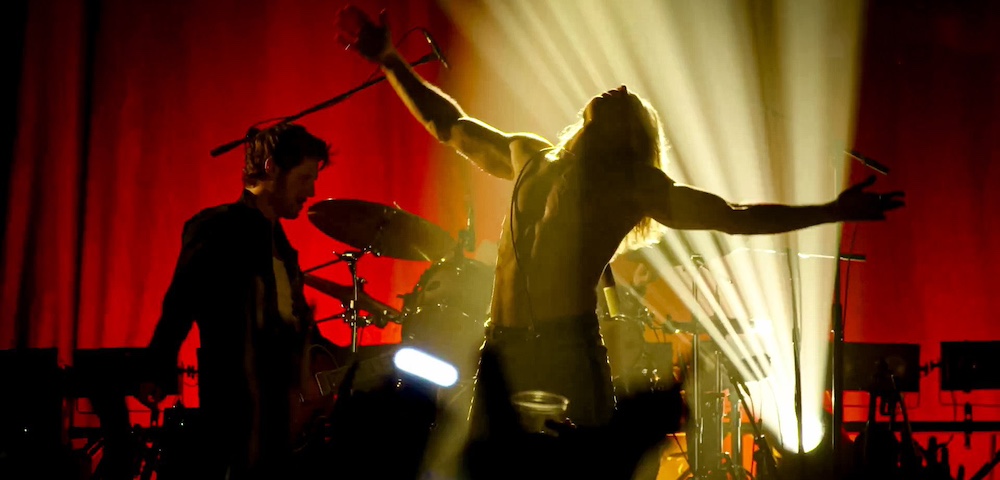
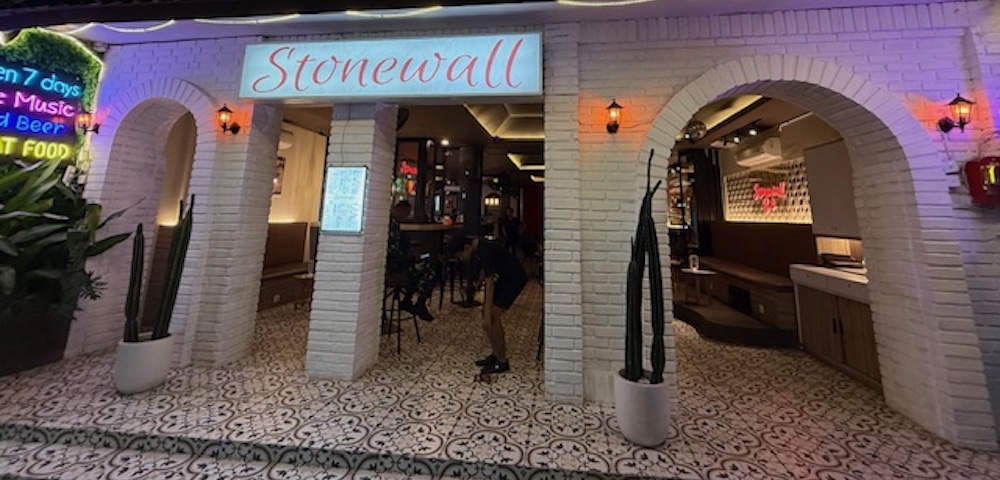

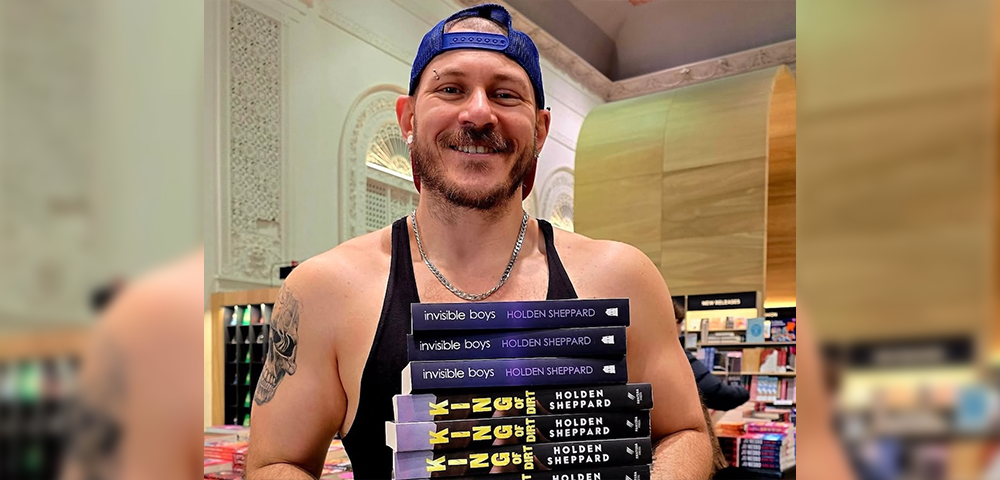
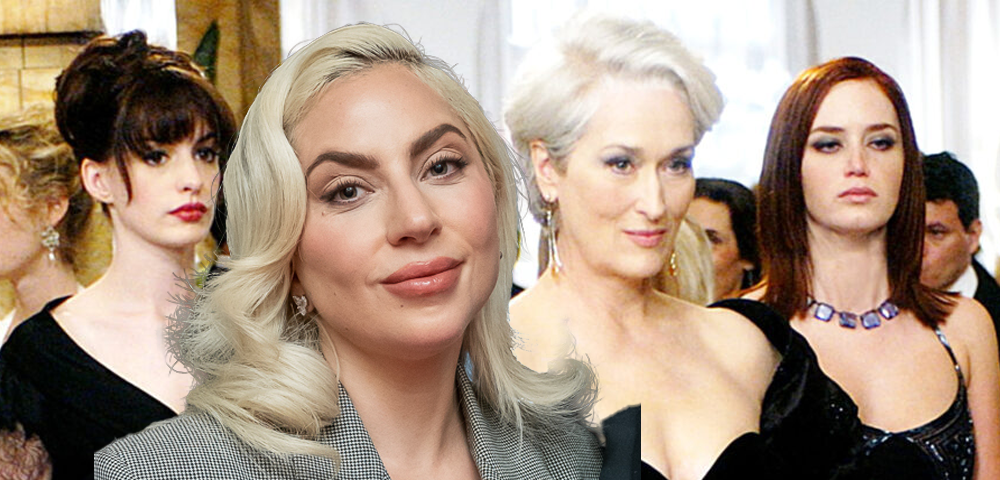
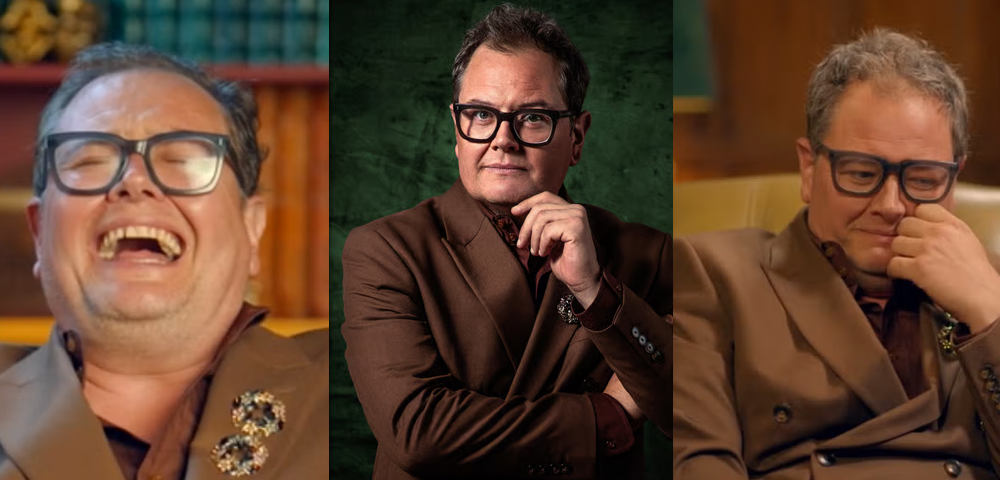
Hi guys, my name is Piero – I am the person that designed and started Just Like You in 2013.
This campaign is a celebration of what makes people so similar. It is not a non celebration of the beautiful differences that makes us all unique. The two things are not mutually exclusive and surely it is worth exploring both avenues towards marriage equality, in the attempt of reaching the hearts of those that oppose or are indifferent to this important topic.
Having grown up in a very conservative context where gays and lesbians where seen as ‘out of this world’ characters, I thought that it is important to highlight that being gay is not different from being human, I feel this is a powerful message that might resonate to those people who have not had a lot of exposure to the GLBTIQ world and that might find it hard to understand what it feels like being discriminated against on the grounds of your sexual orientation .
I respect the point of view expressed by this article, but I do feel it does not fully represent the aim of this initiative. As for the price of the calendar – all funds go towards the marriage equality campaign. People like myself that have bought it are not doing it to bag a bargain, they are doing it because it is a meaningful way to support this cause.
Thank you. Follow more Just Like You news @justlikeyouAU
I believe the “Just like you” campaign is more about changing the “general public’s” perception of same sex relationships – even though we have sex with people of the same sex as us, we still go to bars, do our grocery shopping, go to work, listen to live music, etc etc. There is more to the LGBTIQ community than who we sleep with, and that should not be the thing that defines us ahead of anything else. Heterosexual people don’t define themselves as such unless called upon, they are mothers, fathers, schoolteachers, sound recordists, artists, swimmers, athletes, scrapbookers well ahead of being heterosexual.
I look forward to the day when a “news” article does not describe someone as “openly gay footballer” or “openly gay/lesbian” anything.
Thanks for reading, Kzad.
AME’s “Just Like You” campaign is about changing the general public’s perception of same-sex relationships. But the problem is: it wants the general public to think of same-sex couples as ‘just like you’ when, in many cases, we aren’t.
Our sexuality defines as as much our income, our skin colour, our gender, our parental status, why should we hide away from that? Why not embrace the fact that we are different and seek equality on terms of difference rather than sameness?
It’s a good campaign – from our perspective, but from a marketing point of view – it might be a little alienating to a majority who first need to warm to the idea away from the initial thought of sex. I honestly believe that means shifting the focus from the people in the relationship (which sets up a visual cue of how they love and mate) to a more general relationship issues that all genders, races, religions can relate to.
Saying it without saying it is the way of the future. Protests and aggression took us only so far by a generation who needed to use this tact, but in the internet world, a more subtle and creative approach needs to be inspired. The only people the current tactics are working on is everyone inside the LGBT support circle with no invitation to grow beyond that. Sorry, but its true.
Thanks for reading, BT.
I obviously disagree that this is a good campaign. Pretending that gay sex doesn’t exist and that same-sex couples are “just like you” won’t advance the interests of same-sex couples one little bit.
Gaining acceptance by pretending we are “just like” everyone else isn’t true equality. Why not seek equality by embracing – not in spite of – our differences? Is that too much to ask?
These have been my thoughts the entire time. Thankyou Sean!!